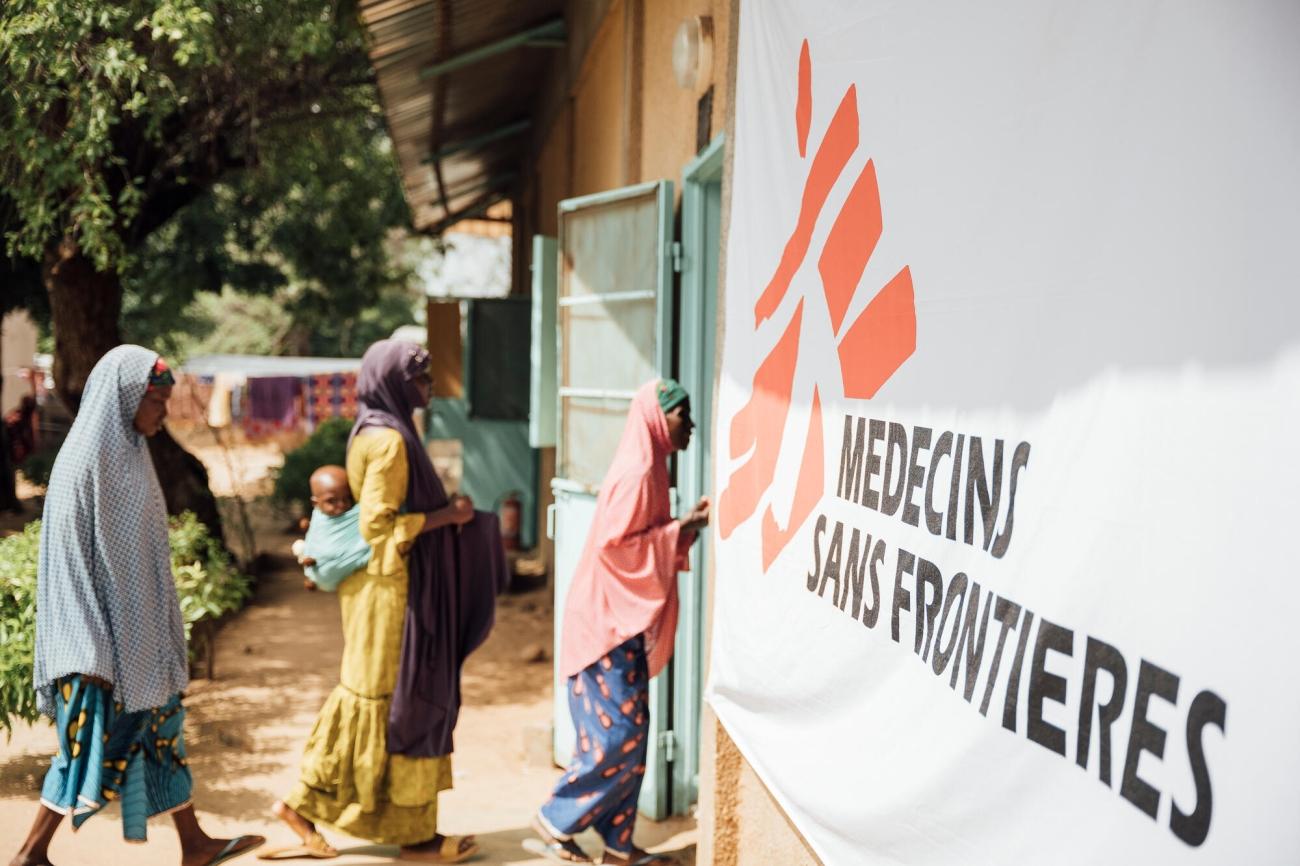Find a role

Profile
Qualifications
- Master's degree in the management of medical-social structures or equivalent.
- Hospital director’s diploma from the School of Advanced Studies in Public Health (EHESP)
Experience
- At least two years in a senior position (health, HR, finance) in a private or public structure.
- Preferable experience with Médecins Sans Frontières (MSF) or other NGOs.
Availability
- Minimum 3 months
Language
- French or English at C1 level
Skills
- Human resources management.
- Project management.
- Budget management.
- Experience in negotiation and problem-solving.
- Ability to translate strategies into directions, action plans, and means of implementation.
- Competence in decision-making or arbitrating between various proposals.
- Designing, using, and assessing monitoring tools.
- Enforcing user rights and promoting kindness and good treatment.
- Compliance with MSF charters and patient charters.
- Capacity for strategic foresight and anticipation.
- Strong interpersonal skills, social awareness, and diplomacy.
- Analytical and synthesizing capabilities
The hospital director is responsible for ensuring the operation, sustainability, and development of the facility.
The main responsibilities are as follows:
- Lead the hospital project strategy in alignment with local health policies to provide optimal care for the population.
- Ensure the proper functioning and overall performance of the hospital.
- Represent the institution.
- Oversee institutional consistency, team cohesion, and understanding of the hospital's internal and external challenges, as well as the quality of social dialogue.
Main Activities:
- 1. Strategic Management
- Co-develop the hospital project strategy with the medical, logistical, and administrative teams, supported by coordination, in alignment with territorial needs.
- Incorporate patient rights and safeguarding into the hospital project strategy.
- Implement and monitor the hospital project strategy.
- Anticipate future constraints and adapt the organization accordingly.
- Identify and propose new areas for activity development.
- Represent the institution and manage external communication, while establishing close relationships with external partners.
- Plan activities and resources, oversee control processes, and ensure reporting.
- 2. Human Resources Management and Leadership
- Manage, develop, and evaluate the competencies of senior staff.
- Coordinate the activities of multidisciplinary teams, promoting collaboration and consultation among them.
- Participate in assessing staffing needs and recruitment.
- Foster a work environment and climate conducive to constructive social dialogue.
- 3. Operational Management
- Define and monitor policies for continuous improvement of care quality and safety for patients, accompanying persons, and staff, as well as, when necessary, the conditions for welcoming users.
- Actively disseminate quality culture, risk management, and the promotion of patient rights within the facility.
- Implement preventive risk measures and processes, ideally with field professionals (administration, logistics, medical staff, and pharmacy), and track actions.
- Develop mechanisms to collect user feedback (including feedback and complaints systems) and use this information to guide continuous quality improvement.
- Oversee prevention, reporting, and handling of adverse events, particularly serious incidents, and follow up on improvement actions derived from root cause analyses.
- 4. Administrative Management
- Monitor the budget and contribute to the development of the facility's budget.Human Resources Management and Leadership
- Manage, develop, and evaluate the competencies of senior staff.
- Coordinate the activities of multidisciplinary teams, promoting collaboration and consultation among them.
- Participate in assessing staffing needs and recruitment.
- Foster a work environment and climate conducive to constructive social dialogue.
- Operational Management
- Define and monitor policies for continuous improvement of care quality and safety for patients, accompanying persons, and staff, as well as, when necessary, the conditions for welcoming users.
- Actively disseminate quality culture, risk management, and the promotion of patient rights within the facility.
- Implement preventive risk measures and processes, ideally with field professionals (administration, logistics, medical staff, and pharmacy), and track actions.
- Develop mechanisms to collect user feedback (including feedback and complaints systems) and use this information to guide continuous quality improvement.
- Oversee prevention, reporting, and handling of adverse events, particularly serious incidents, and follow up on improvement actions derived from root cause analyses.
- 5. Administrative Management
- Monitor the budget and contribute to the development of the facility's budget.